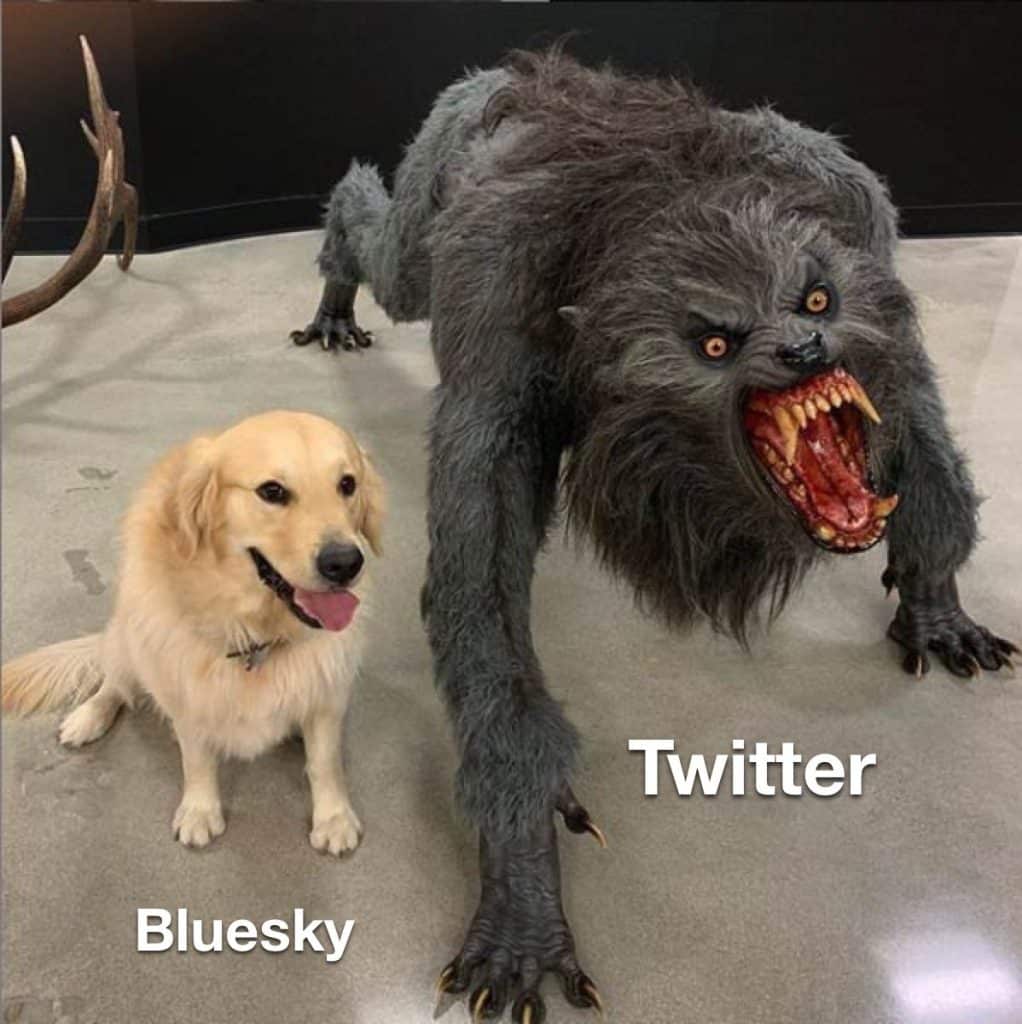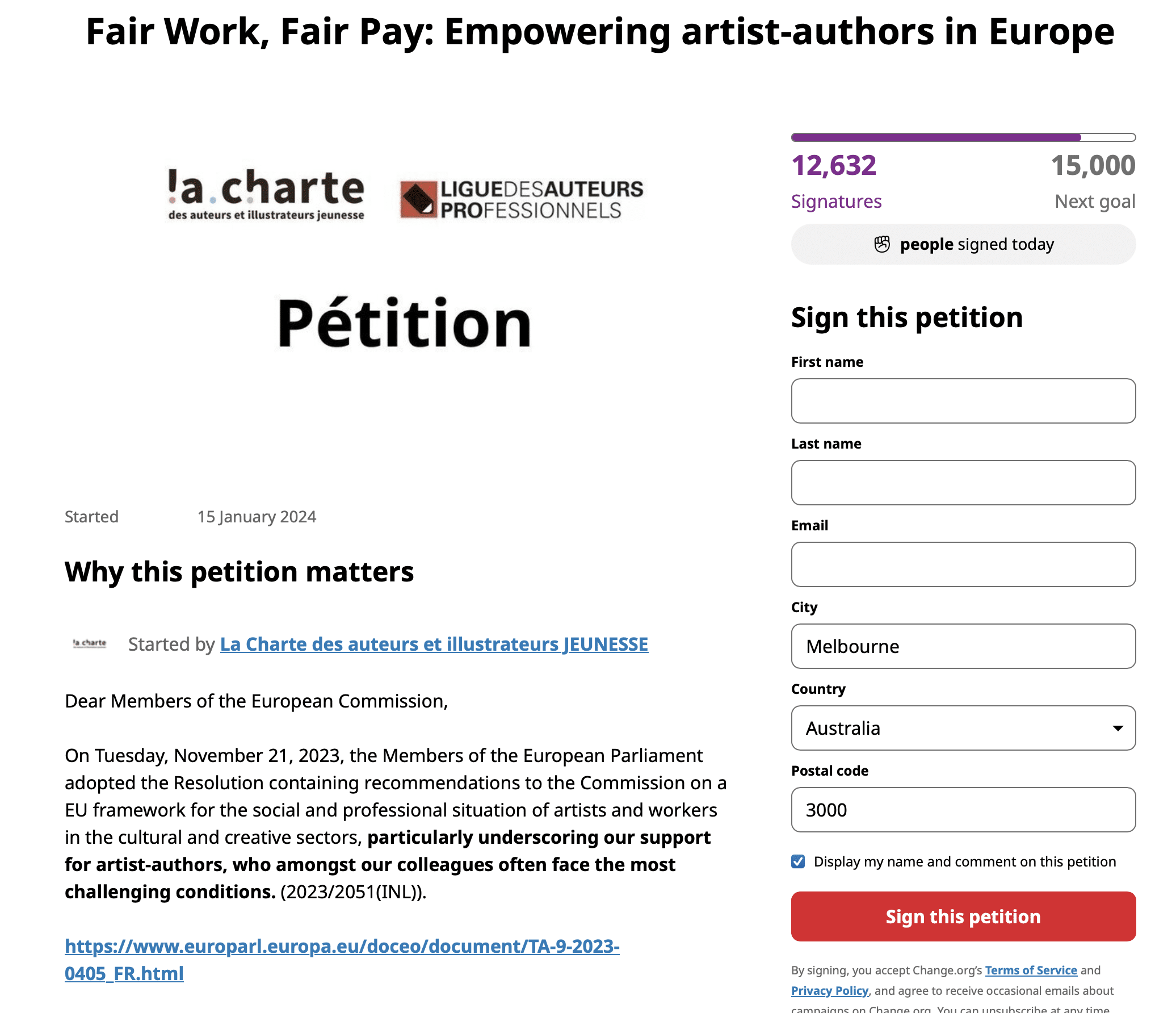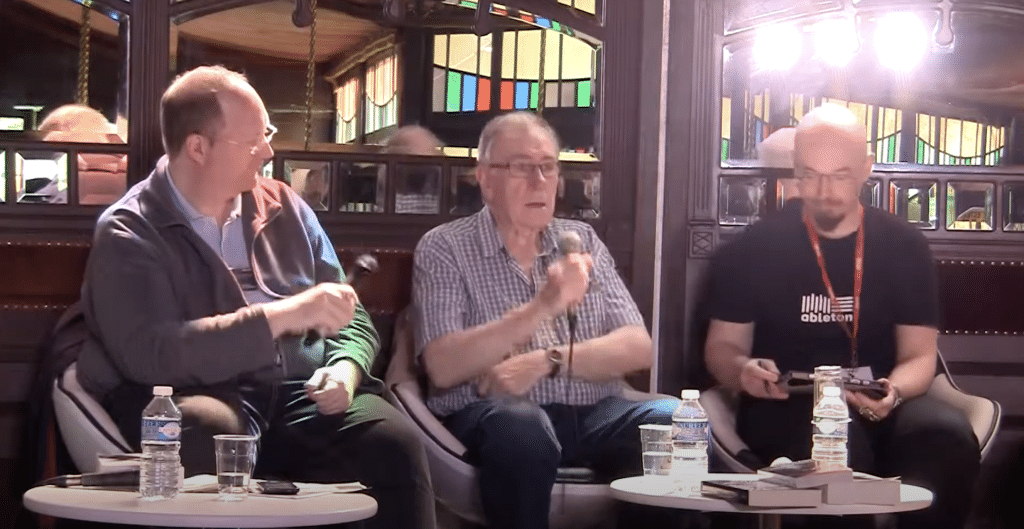Bluesky est maintenant ouvert à tout le monde
Dans le sillage de l’implosion de Twitter / X en raison de… pfouuuu, par où commencer ? Le racisme antisémitisme ultranatalisme la désinformation généralisée propagation de théories de la conspiration les mensonges répétés d’Elon Musk (ne rayez même pas les mentions inutiles : j’en ai au contraire oublié une douzaine), deux réseaux de microblogging ont tiré leur épingle du jeu : Mastodon et Bluesky. Le premier est open source, mais intimidant pour l’utilisateur non-technique, morcelé et, franchement, je le trouve lourd d’usage. Bluesky ressemble le plus à l’ancien Twitter, débarrassé de toutes les verrues qui lui avaient fait prendre un virage désagréable (on n’y trouve notamment pas de flux algorithmique amplifiant des comptes problématiques). Je préfère largement Bluesky à Mastodon, mais jusqu’à maintenant, il fallait une invitation pour y entrer.
Sauf que, depuis aujourd’hui, Bluesky est ouvert à tout le monde. L’absence de course à l’engagement, d’amplification de contenu délétère et la présence d’une vraie modération donnent au réseau une ambiance étonnamment bonne : il n’y a pas (pour l’instant) les comportements fâcheux habituels, tout le monde est beaucoup plus détendu et on y retrouve, comme jadis sur Twitter, un vrai partage.
Vous connaissez mon hostilité envers les réseaux, donc si je vous dis que Bluesky est à la fois simple et cool, vous pouvez me croire (en espérant évidemment que ça dure).
Un réflexe simple de survie cependant sur Bluesky : ne discutez pas avec les cons, bloquez-les. Comme il n’y a pas de flux algorithmique, la seule façon pour un troll de se voir amplifié est de pousser à la discussion, car cela le fait apparaître dans les flux de tous vos abonnés. Donc : n’engagez pas ces discussions. Retirez-leur simplement l’oxygène en les ignorant et en les bloquant. Cela ne prend qu’une poignée de secondes, vous assure la sérénité, ainsi qu’à tout le monde autour de vous.
Et si jamais vous n’en avez pas marre de ma tronche, je suis à https://bsky.app/profile/lioneldavoust.bsky.social.













